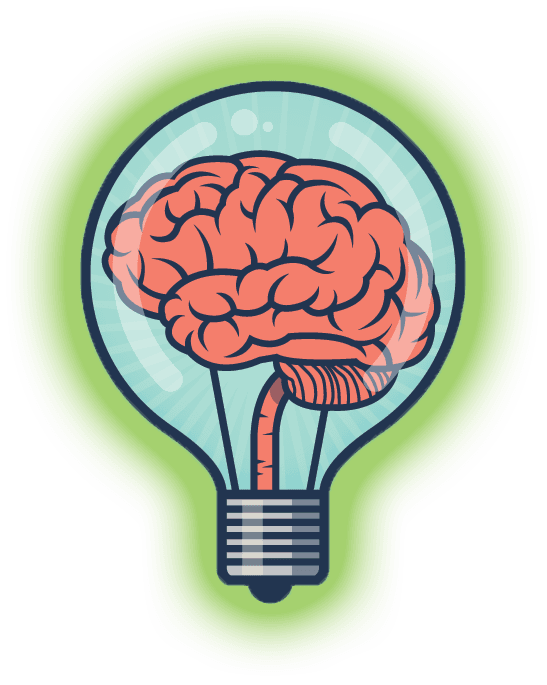Thrive
April 1, 2020 2021-08-02 16:34Thrive
Welcome to Thrive
The Science of Stress in 3 Parts
Your Mind, Brain & Stress
Understanding the Link between Stress & Depression
Attention Training
Anchor Breathing
Reconnecting the Mind and the Body
Waking Up to Sensations in the Body
Recognising your Emotions
Naming our Emotions
Working with Thoughts
Waking Up from our Thoughts
Dealing with Difficult Thoughts
Recoding our Beliefs
Using Self-Compassion to Develop Resilience
Self-Compassion to Help our Mental Wellbeing
Exercises in Relieving Symptoms of Anxiety & Depression
- 19a. Video: Introduction to Exercises in Relieving Symptoms of Anxiety & Depression
- 19b. Video: Exercises in Relieving Symptoms of Anxiety & Depression Practice
- Class Summary 1 – Exercise in Relieving Symptoms of Anxiety
- Class Summary 2 – Exercise to Calm the Mind
- Class Summary 3 – Exercise in Relieving Symptoms of Depression
Collapsing the Ego to Develop Resilience to Depression
Setting an Intention
Neuro-Linguistic Programming to Improve our Mental Health
Moving Forward
Thank You
Credits & Citations
17a. Video: Introduction to Using Self-Compassion to Develop Resilience
Self-Compassion is extremely important in the fight against anxiety and depression. Depression lies to you and urges you to blame yourself, which further exacerbates the illness, keeping you stuck in a cycle of negative thinking. The antidote to self blame is self-compassion and in this class, I’ll teach you how to practice it, so that you can develop resilience to depression. Research shows that self-compassion is one of the fastest acting practices in the course, which is great news for sufferers.

